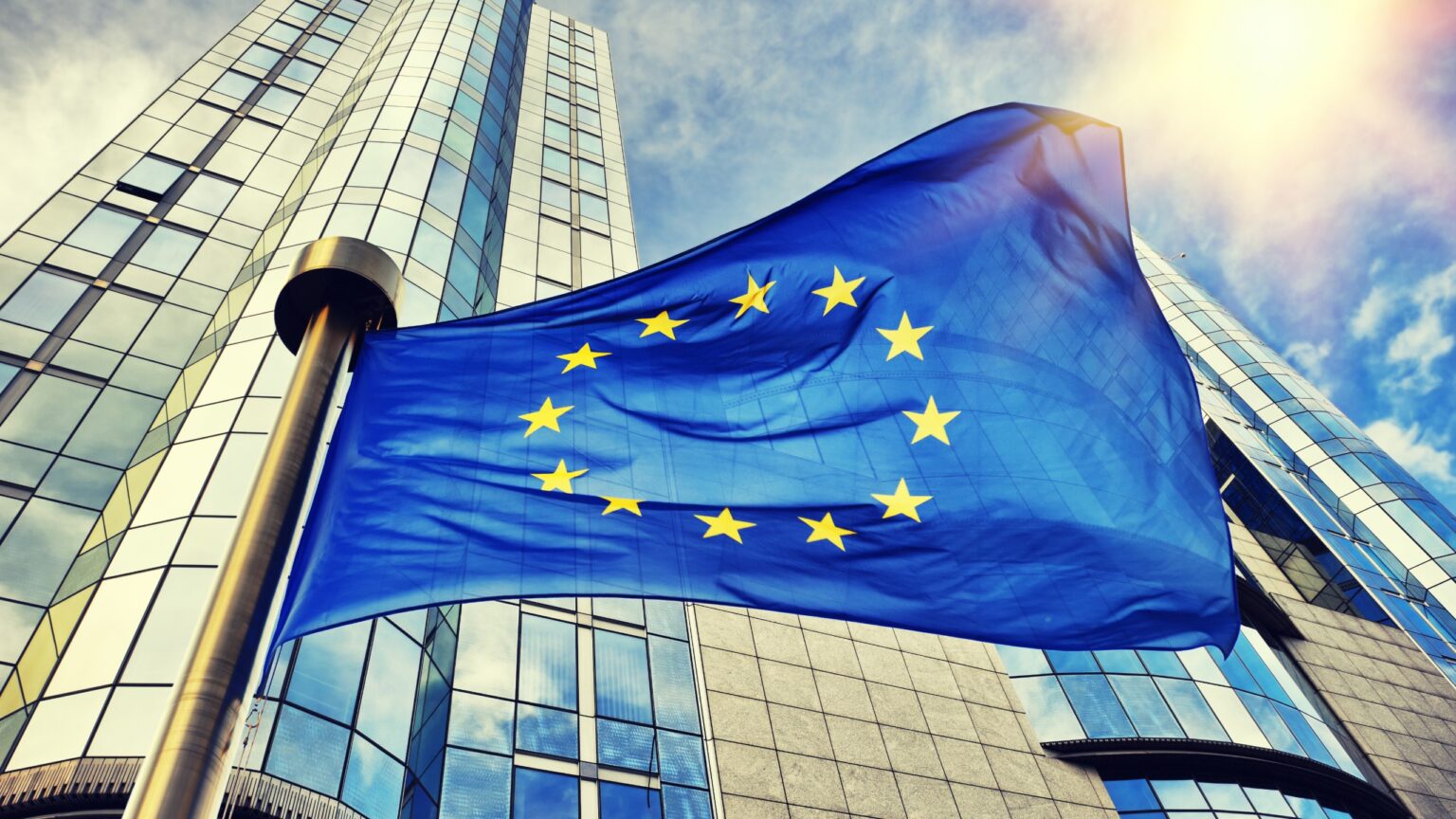The European Union is actively moving to establish its presence in the evolving metaverse sector. This effort is directed towards decreasing its reliance on technological resources from non-EU countries and creating a supportive landscape for EU businesses.
This strategic direction, pursued by the European Parliament’s Committee on Internal Market and Consumer Protection, signifies a significant shift towards adopting digital innovation. It aims to mold this progress by following European values and standards.
Also read: UNITAR Launches Metaverse Project for 60th Anniversary
The Committee’s report, adopted with an overwhelming majority, signals a clear commitment to developing a metaverse strategy that aligns with EU principles. EU Rapporteur Pablo Arias Echeverría has been vocal about the urgency of this endeavor.
“As we step into Web 4.0, Europe must lead the way in developing virtual worlds grounded in our strong digital rules and values,” he stated.
This sentiment echoes the broader European ambition to participate in and drive the next digital revolution.
Establishing a robust regulatory framework
One of the key components of this strategy is establishing a clear regulatory framework to guide the development of virtual worlds. The report underscores the current dominance of non-EU companies in the metaverse sector and proposes a more equitable landscape for European businesses. This approach aims to level the playing field and encourage innovation and growth within the EU’s digital ecosystem.
The European Commission’s strategy on Web 4.0 and the metaverse, outlined earlier this year, complements this vision. Defining virtual worlds as “persistent, immersive environments based on 3D and extended reality (XR) technologies,” the Commission emphasizes the need for new standards and global governance to oversee these digital spaces effectively.
NEWS : Navigating the Virtual Frontier: Decoding the EU’s Strategy for Web 4.0: On 11 July 2023, the European Commission unveiled an ambitious strategy for the future of the internet and digital interaction, positioning the EU to spearhead the next… #EU https://t.co/x1N9khB1vk pic.twitter.com/ASC9IbnNYM
— Realized_Gains (@REALIZEDGAIN5) July 12, 2023
Rallying member states for collective action
Further cementing the EU’s commitment, the European Parliament has called on its member states to implement metaverse technologies proactively. This initiative seeks to place the EU at the forefront of setting new global standards in the digital domain. The Parliament’s recent press release stresses the significance of member states leading the charge, striving to establish interoperable networks that transcend borders and technological differences.
The adoption of the draft report by the Parliament, with 31 votes in favor, reflects a strong consensus among EU lawmakers on the importance of this digital transition. The overarching goal is to embed EU values at the core of these technological advancements, ensuring that fundamental human rights and consumer protection are central to the development of virtual worlds.
Balancing benefits and challenges
While the potential benefits of the metaverse in areas such as education, employment, and skill development are vast, the EU is also cognizant of the challenges that come with it. Issues like addiction, impact on sleep, and cybersickness are just some of the concerns that the EU aims to address in its comprehensive approach to the metaverse.
In line with these efforts, the EU has been actively addressing various privacy concerns, including those related to the digital euro. Consumer education on rights and responsible technology use remains a priority, ensuring privacy and security are upheld in these new digital spaces.









 and then
and then